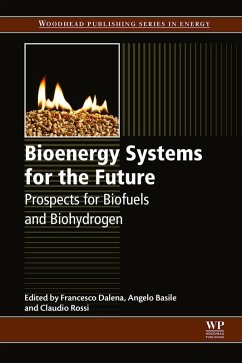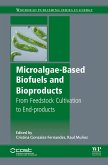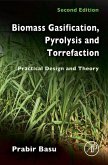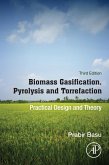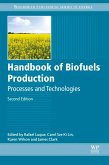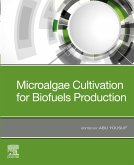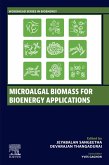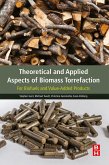In its first part, the book explores the use of lignocellulosic biomass and agricultural wastes as feedstock, also addressing biomass conversion into biofuels, such as bioethanol, biodiesel, bio-methane, and bio-gasoline. The chapters in Part II cover several different pathways for hydrogen production, from biomass, including bioethanol and bio-methane reforming and syngas conversion. They also include a comparison between the most recent conversion technologies and conventional approaches for hydrogen production.
Part III presents the status of advanced bioenergy technologies, such as applications of nanotechnology and the use of bio-alcohol in low-temperature fuel cells. The role of advanced bioenergy in a future bioeconomy and the integration of these technologies into existing systems are also discussed, providing a comprehensive, application-oriented overview that is ideal for engineering professionals, researchers, and graduate students involved in bioenergy.
- Explores the most recent technologies for advanced liquid and gaseous biofuels production, along with their advantages and challenges
- Presents real-life application of conversion technologies and their integration in existing systems
- Includes the most promising pathways for sustainable hydrogen production for energy applications
Dieser Download kann aus rechtlichen Gründen nur mit Rechnungsadresse in A, B, BG, CY, CZ, D, DK, EW, E, FIN, F, GR, HR, H, IRL, I, LT, L, LR, M, NL, PL, P, R, S, SLO, SK ausgeliefert werden.

